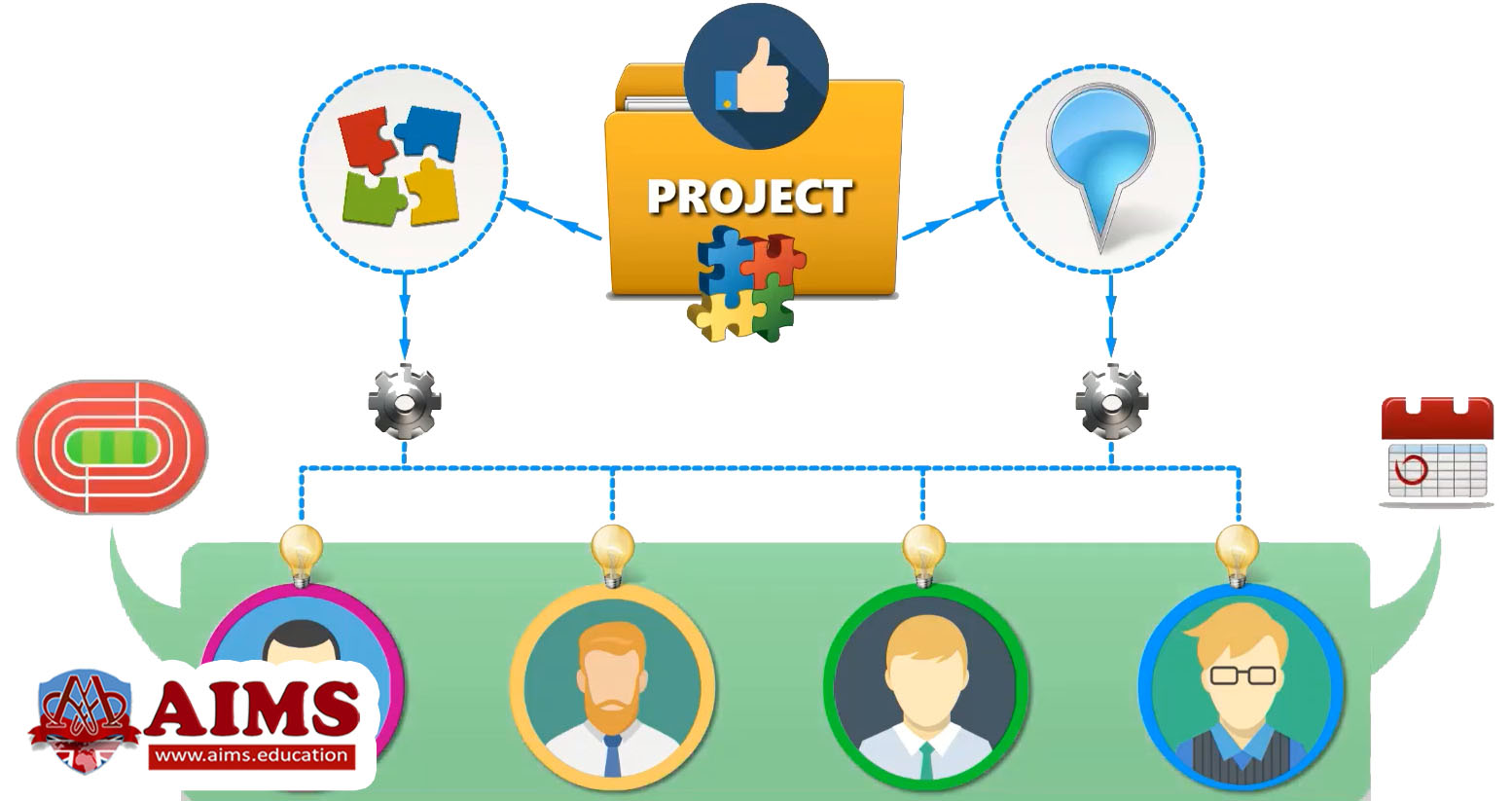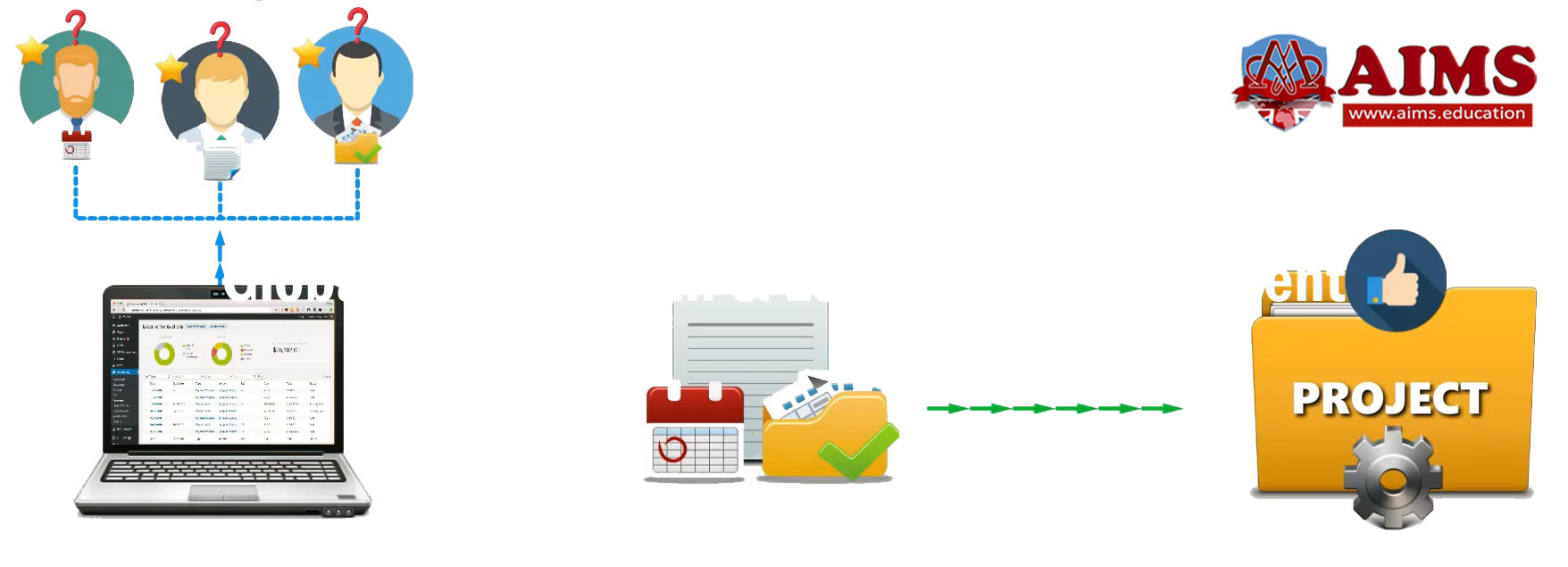What is Successful Project Management?
For successful project management, the successful project managers are people who can envision completing the project management job from start to finish and possess the prowess to realize this vision. To keep up with business, successful project managers need to make their management techniques more flexible, while satisfying the stakeholders’ expectations.
Failed VS Successful Project Management
Reasons for Failed Project Management
What is Project Success? And how does project success differ from project to project or customer to customer? If you want to deliver successful project management, some ways you would probably know, without question, that your project has experienced failure to some level are:
- Customer satisfaction is shallow.
- The project was canceled before the program.
- Budget overrun is an issue.
- Requirements are changing well into deep levels.
- Project team members or project manager have been replaced due to performance issues.
- The timeline shifted unmanageably.
Rules for Successful Project Management
Project management can get a title of success when:
- Customer satisfaction is high.
- Customer has initiated change orders asking for more work.
- Major project milestones & deliverables are being approved without holds off.
- Project cost management and budget are on target and controlled.
- Project deliverable deadlines are regularly met.
- Management is getting positive feedback from their customers.
Skills for successful project management are developed at AIMS, which is one of the globally recognized project management academy through a flexible learning system. AIMS offers several program for new and skills project management programs. They include Certified Project Manager certification, diploma in project, program and project portfolio management, and an online MBA Project Management degree.

11 Key Rules for Highly Successful Project Management
Rule # 1: Have Full Details Before Starting a Project
Success in project management requires a detailed project scope approved by all stakeholders is necessary. Opportunity should include interim breakthrough, with deliverable dates & budget worksheet that represents all time included. If the initial project writeup has enough details, the better you & your client will have interaction throughout its production.
Rule # 2: Get clear about In-Charge and Deadlines
Assignments, deadlines and other important details often get lost, when multiple people are collaborating on the same task. To make a project management successful, avoid confusion, determine which team members are in charge of which pieces of work, and enforce accountability. Skills earned through a great online project management certification program is a simple way to do this very well. If this rule is applied well, the project could be one of the successful project management examples.
It’s important that every single person of team understands what is expected from them very well. This includes the entire opportunity of project and a precise timeline of when tasks need to be completed. Every project is different. It helps all of the key players to have a sound understanding of how each, with their efforts, has contributed to the project as a whole. Project breakthroughs and benchmarks are great for managing these anticipations, and keeping teams on track with deadlines is what makes a project successful.
Rule # 3: Never Lose these Three-Factors
Although project management practices have changed to be more flexible and open, the foundation remains the same. Project success occurs when it is delivered on time, within budget, with a level of giveaways that are satisfactory to the client. The successful project managers, keep all affiliates aware of the status of project time, project finances, and about the quality management of the projects.
Rule # 4: Keep the Project On-Track
At the very least, put a gateway, in the beginning, to evidently launch the project, and then a gateway after planning, an entrance after doing, & gate after following through. Every gate is indeed an evaluation. Deliver every deliverable parts of the product, product documentation, technological documents, the project plan & supporting documents – up to specification. Successful project managers should cancel the project if it cannot deliver value.
Rule # 5: Be Agile for a Success in Project Management
Classic project management methodologies are proving to be too rigid and time-consuming in today’s dynamic business environment. In fact, these methodologies can work against Information Technology departments. Successful project managers need to respond with the agile project management methodology or a waterfall agile hybrid model to rising issues and changes. The special documentation & processes linked to traditional project management can weigh you down.

Rule # 6: Organize and Plan Your Tasks Thoroughly
Project managers should organize and plan their tasks properly. This includes:
- Identify the most important tasks first and put them at the top of their project plan.
- Order the other tasks below it according to their urgency so the task gets the attention when it deserves.
- For successful project management, planning tools like Microsoft Project are used to organize and plan the tasks.
Rule # 7: Clearly Define Team’s Responsibilities
Clearly define team responsibilities to ensure that everyone understands the goals of each task. If everyone in the team takes responsibility for everything, it will lead to conflict and misunderstandings. If the responsibilities are clearly defined and resources are assigned more effectively, it will make the project successful.
Rule # 8: Talk to Team Members Frequently
A project manager should not only communicate with their team members but also regularly check on their progress. If the progress of team members are not known, the problem may arise as a big challenge. If someone asks for help, a successful project manager don’t just tell them to handle it themselves; but connect with the right project resources for resolution.
Rule # 9: Don’t Micromanage
Micromanagement is an act of constantly checking every task of the team members creates resentment in the team. It also leads to decreased productivity, as they feel they’re being treated as subordinates and lose trust in management. Instead of checking on every task, give clear instructions and check on the most important tasks on the project plan.
Rule # 10: Clear Communication
One of the most vital rules for successful project management is maintaining clear and consistent communication among all team members and stakeholders. This involves not only sharing important updates and deadlines but also opening dialogue to address important issues and changes when they arise.
Rule # 11: Detailed Planning
Thorough planning is essential for project success. This includes defining the project scope, creating a timeline for better project delivery, efficiently managing project human resources, and identifying potential risks associated with projects. Detailed planning provides a roadmap that leads to successful project management.

CONCLUSION
- The key to becoming a successful project manager is to be organized and plan your tasks thoroughly.
- If the tasks are properly organized, one can minimize the risk of making mistakes. It also ensures that everyone understands what needs to be done and when.
- Avoid micromanaging by checking the most important tasks in the project plan.
- Give clear instructions to the team members and allocate proper resources when they need them.
